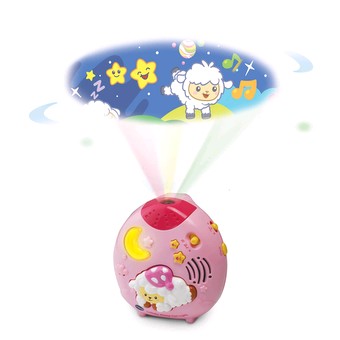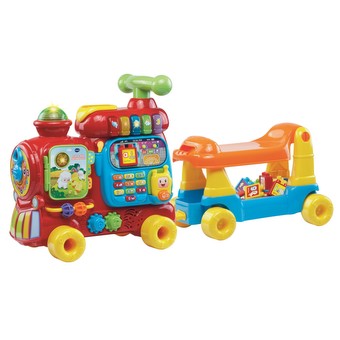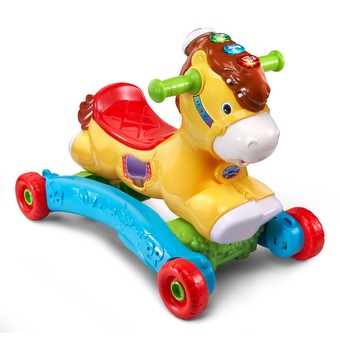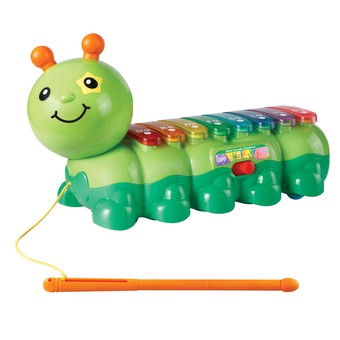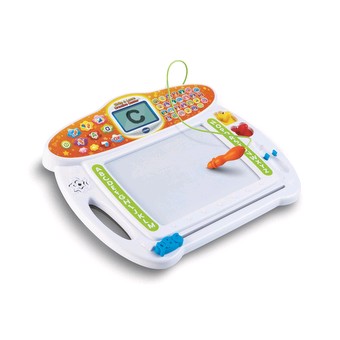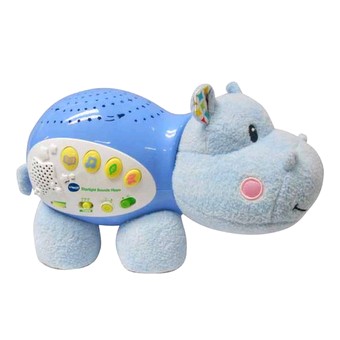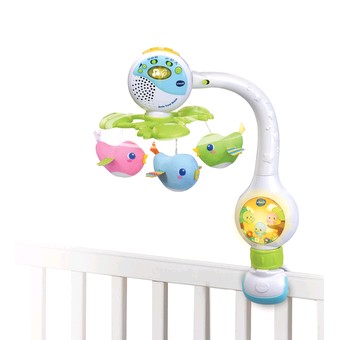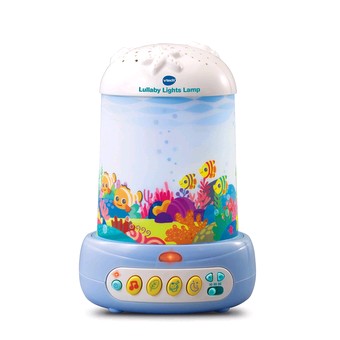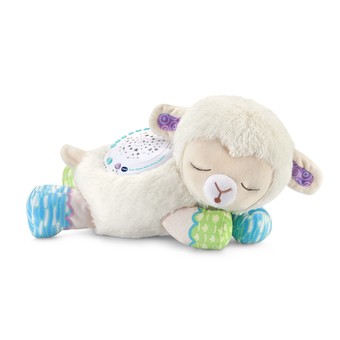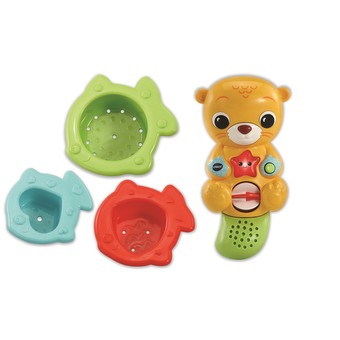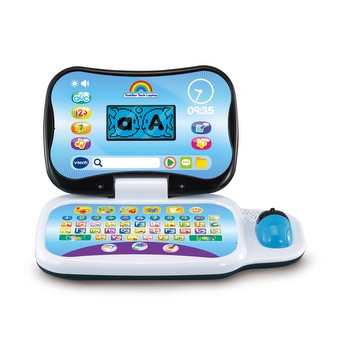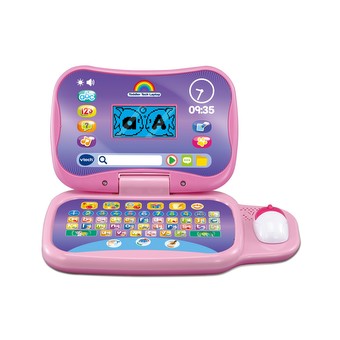Engaging graphics & visualisation activities develop memory.
As babies develop they begin to use mental pictures of objects that are no longer within their field of vision. These memory skills can be enhanced through presenting visual stimuli more than once; repetition is essential for the development of memory skills. Young infants’ memories are influenced by context; for instance, they can imitate an adult’s actions with a toy but only if the toy is identical in colour and features to the one that the adult played with. Older infants can remember, for instance, how to press a toy animal to make a sound even if the toy is slightly different to the one which the adult used to demonstrate. Infants’ memories become less context dependent at the same time that infants start to crawl and walk. Giving babies plenty of opportunity to explore their world allows them to enhance their memory skills.
As children’s attention span increases so do their memory strategies. This means that children can use deliberate mental activities, such as visualisation, to increase the chances of retaining information in working memory and then shifting it to their long-term knowledge base. Lots of rehearsal and organisation is needed to use memory to its full advantage; repetition is an important part of both infant and childhood learning. Children can both learn and practice memory strategies using toys and games. Toys that encourage children to remember visual stimuli, answer questions and then repeat the activity over again enhance learning.










































